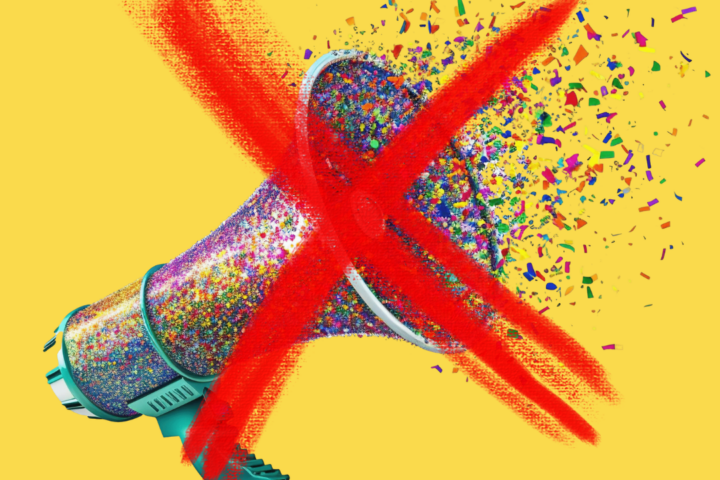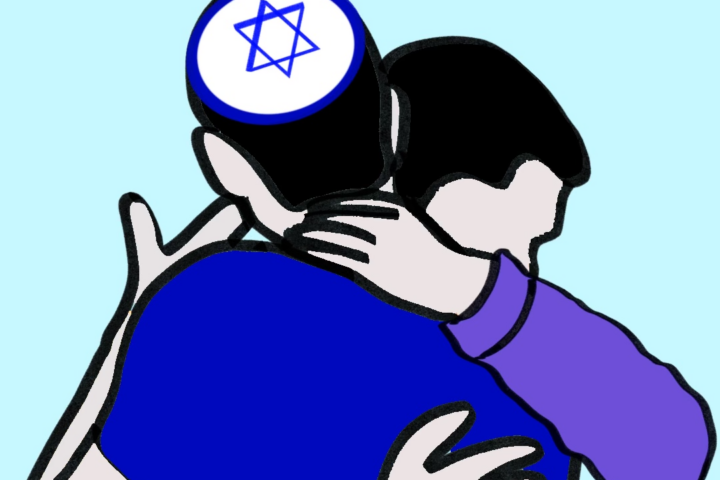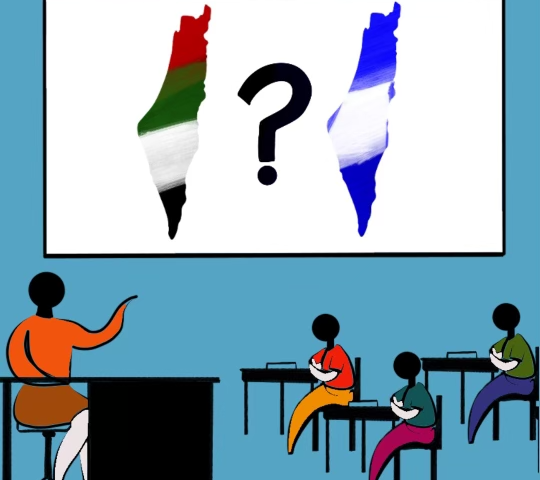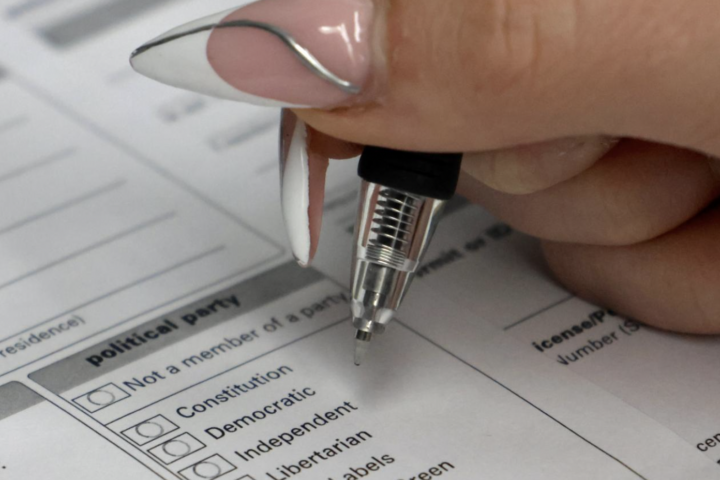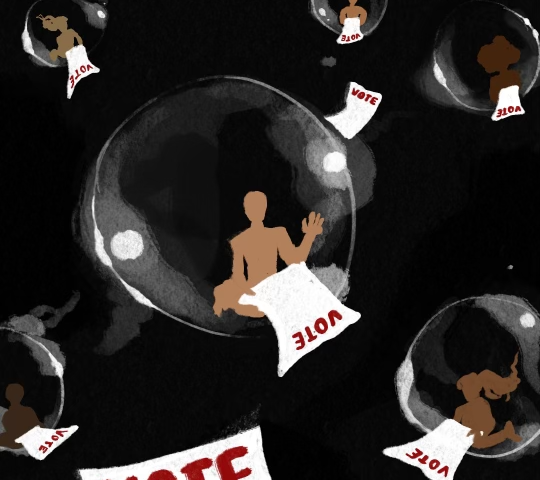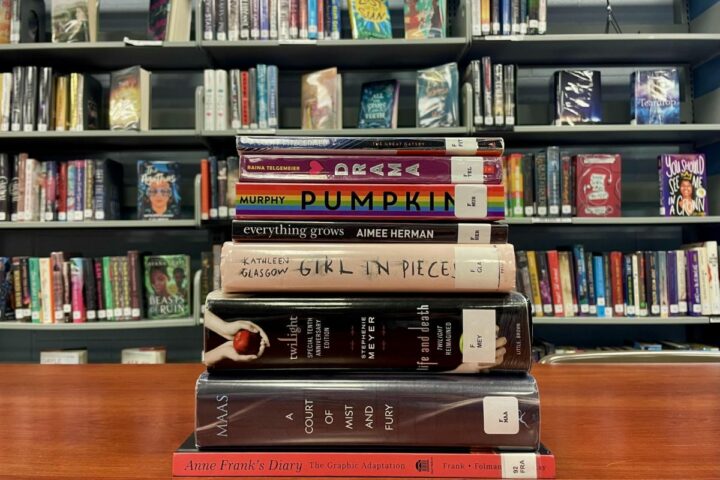The landmark 1969 case Tinker v. Des Moines affirmed first amendment rights for students. Yet many students–especially at public schools–now find their voices censored.
School protests can be an effective way to get the administration's attention on issues that affect us in school. When we begin walking out due to issues they have no control over,
MoreIn a time of high tension in schools, students and teachers consider ways to invite, rather than discourage, respectful conversations about difficult topics.
MoreWith antisemitic hate on the rise, many students with Israeli roots are searching for spaces to connect and lift each other up.
MoreSchool administrators try to shelter students from current events to prevent conflict. In reality, they should be creating spaces for us to engage with these events in a healthy way.
MoreMany young voters are feeling apathetic as they head to the polls for the first time this year, but one school's senior class remains undeterred from performing their civic duty.
MoreThe landmark 1969 case Tinker v. Des Moines affirmed first amendment rights for students. Yet many students–especially at public schools–now find their voices censored.
MoreFrom marches, to sit-ins, to walkouts, large-scale protests give students the power to make their voices heard and push for change.
MoreWhy students should use our knowledge to cast informed votes, rather than scrolling past difficult realities.
MoreWhile increased support for Palestine among Gen Z reveals a potential generational gap, students on all points of the political spectrum are standing up for what they believe in.
MoreBook bans in schools and public libraries have run rampant in recent years. This Maryland bill seeks to limit bans based on partisan or doctrinal disapproval.
More


